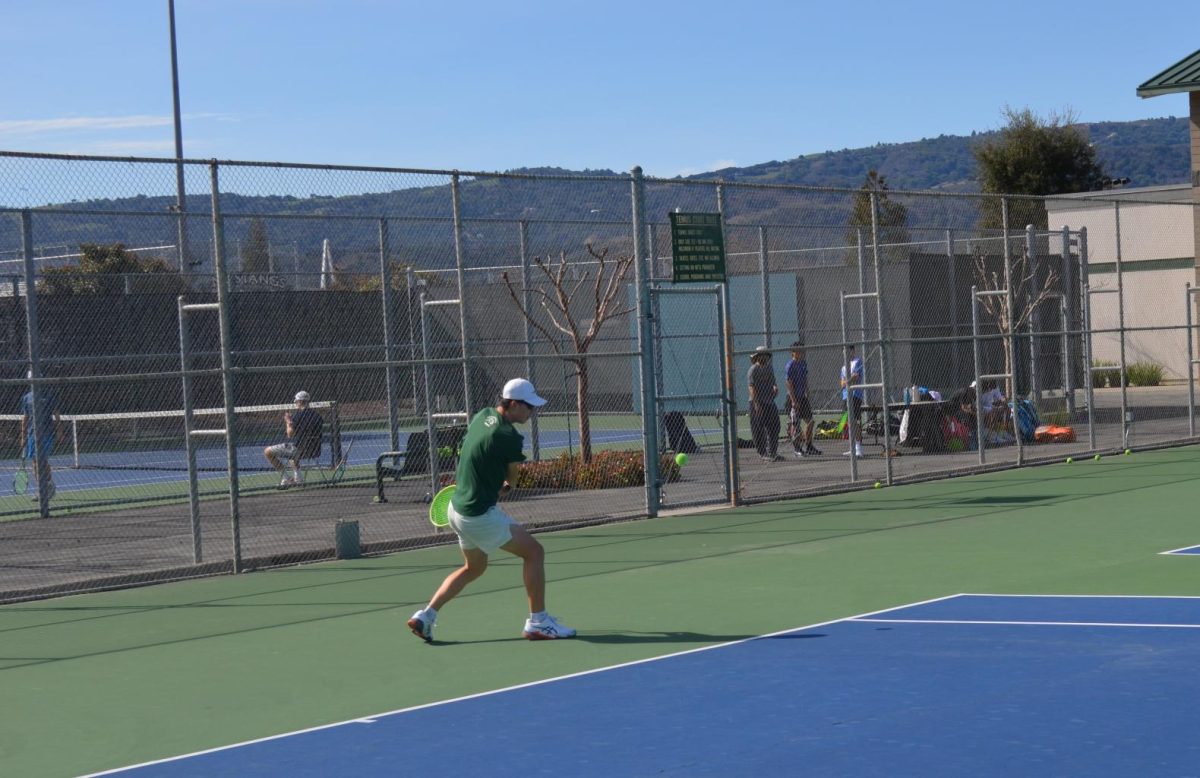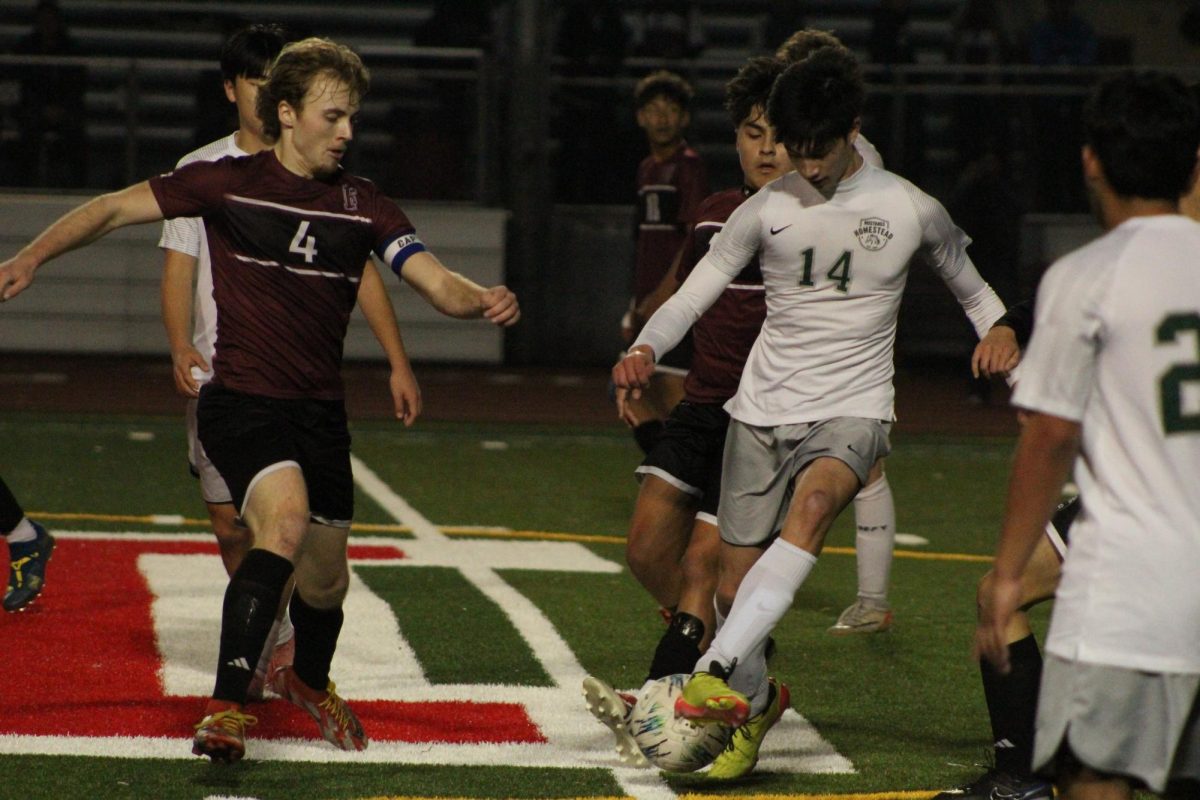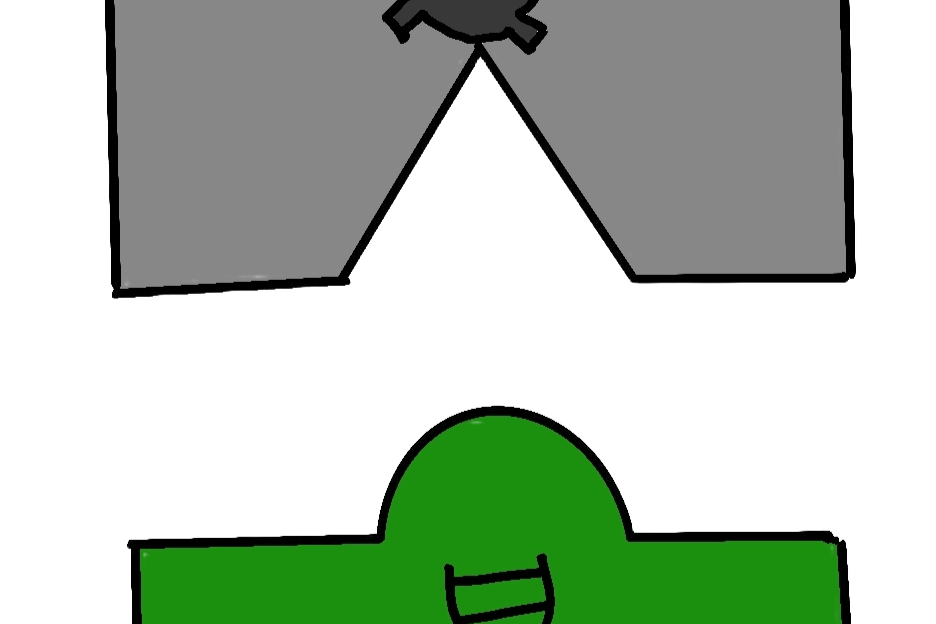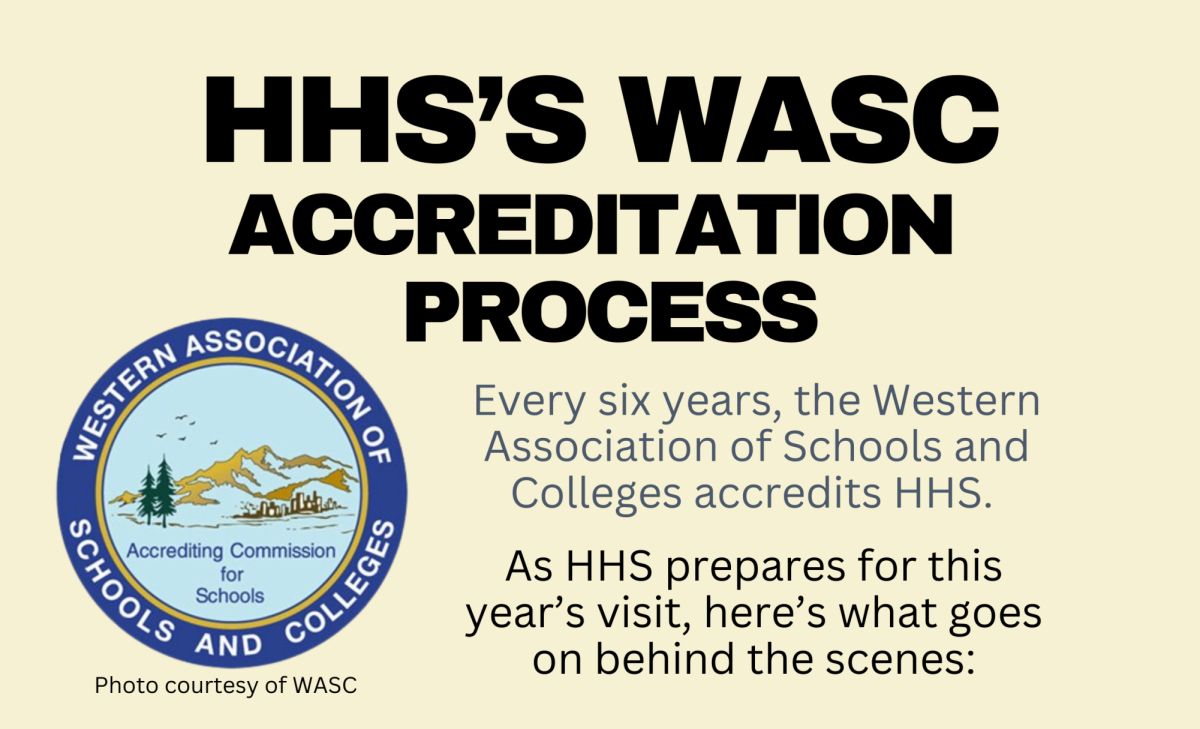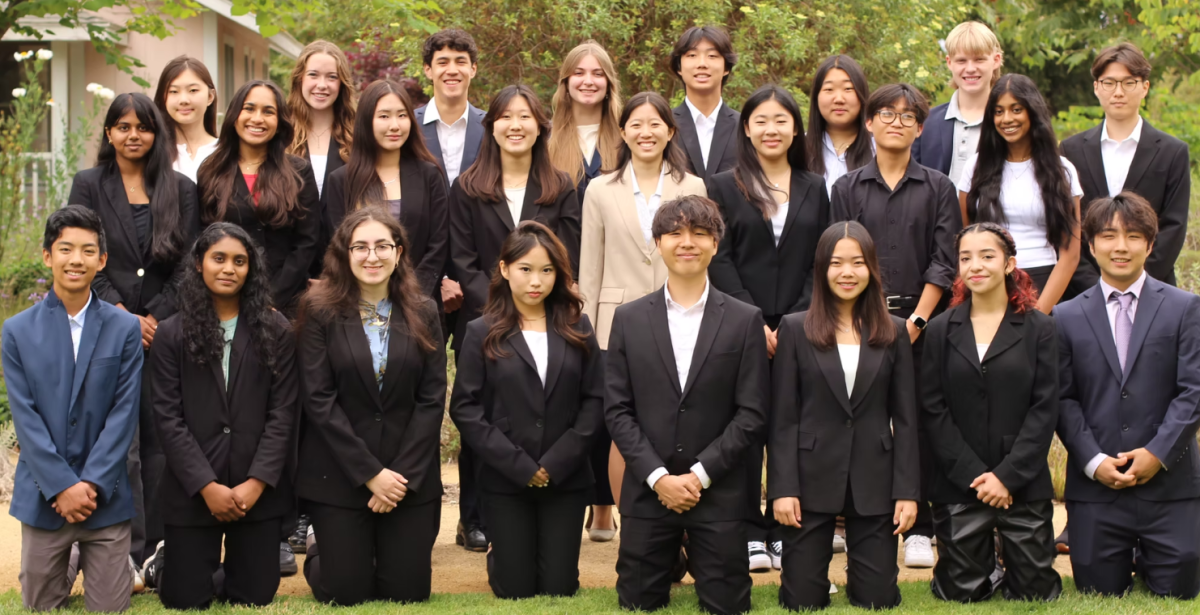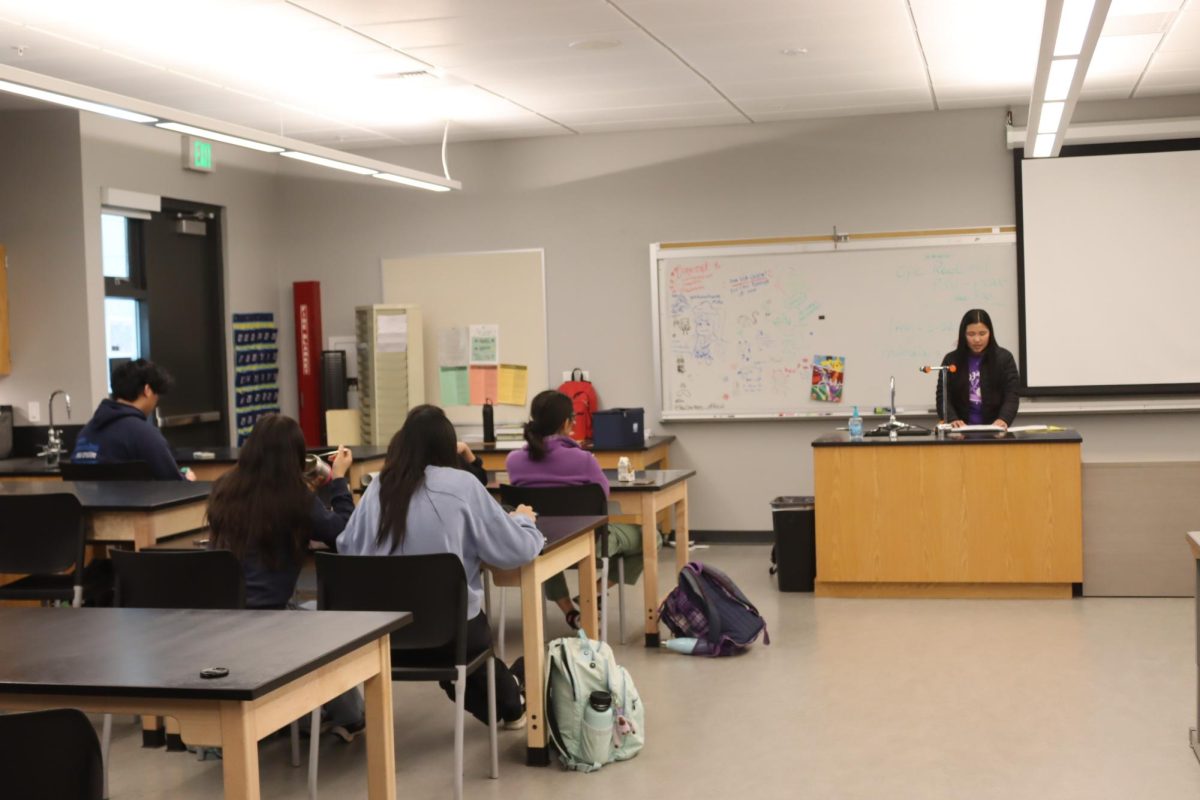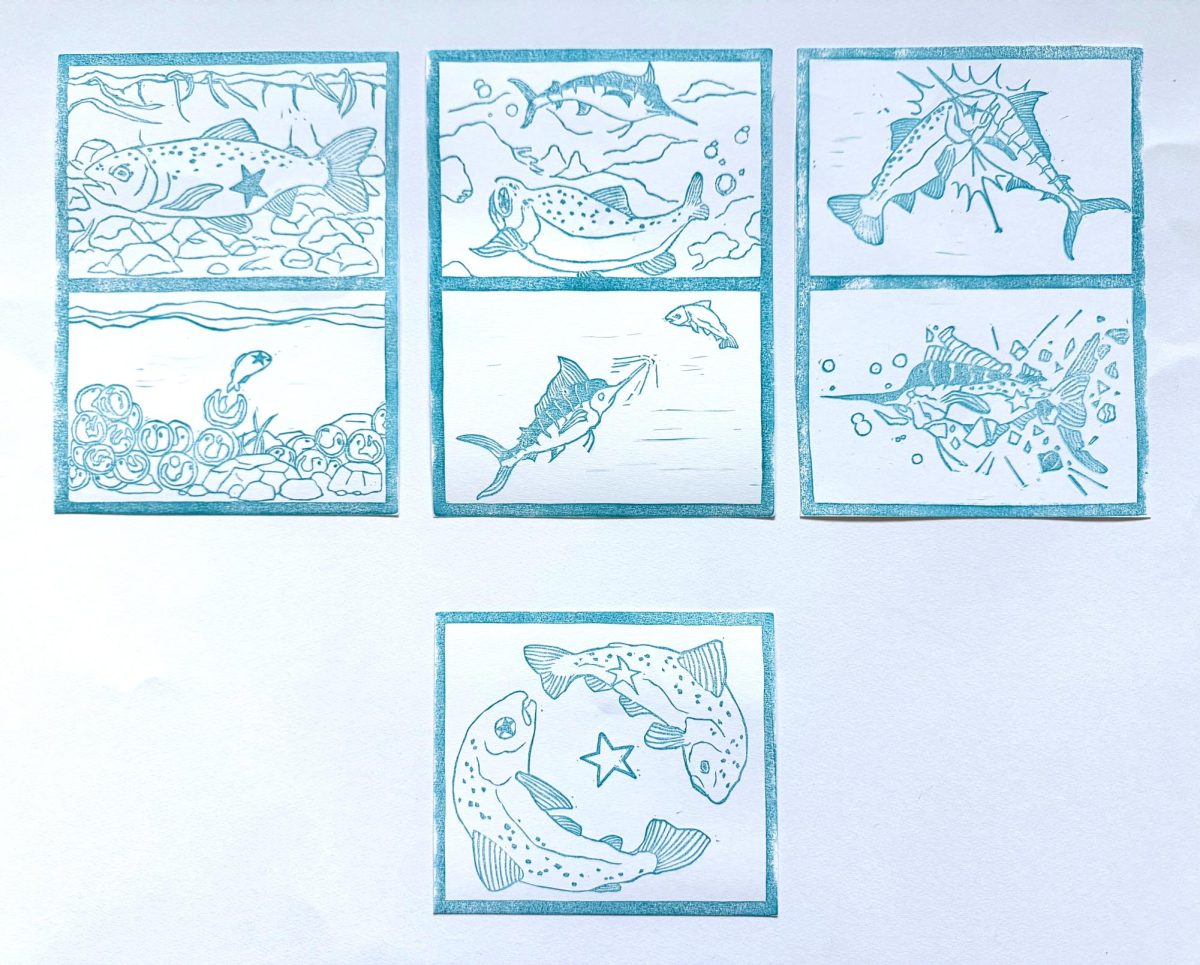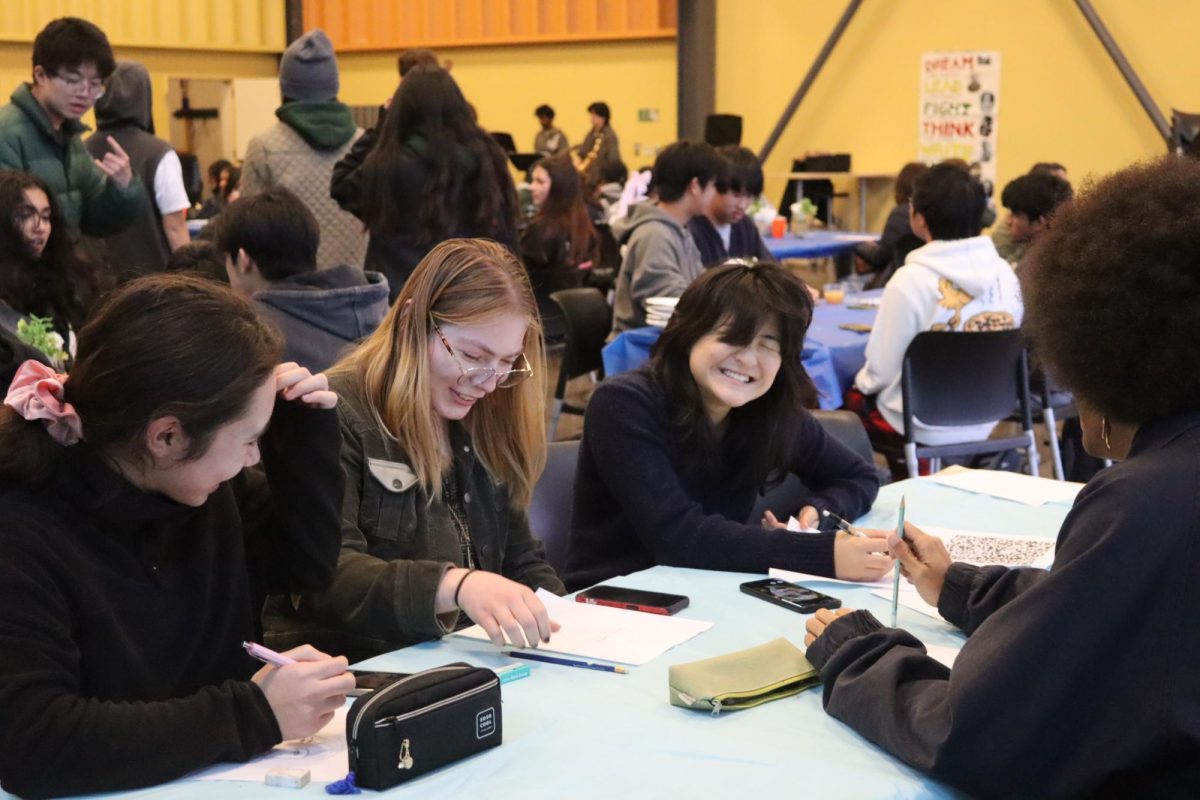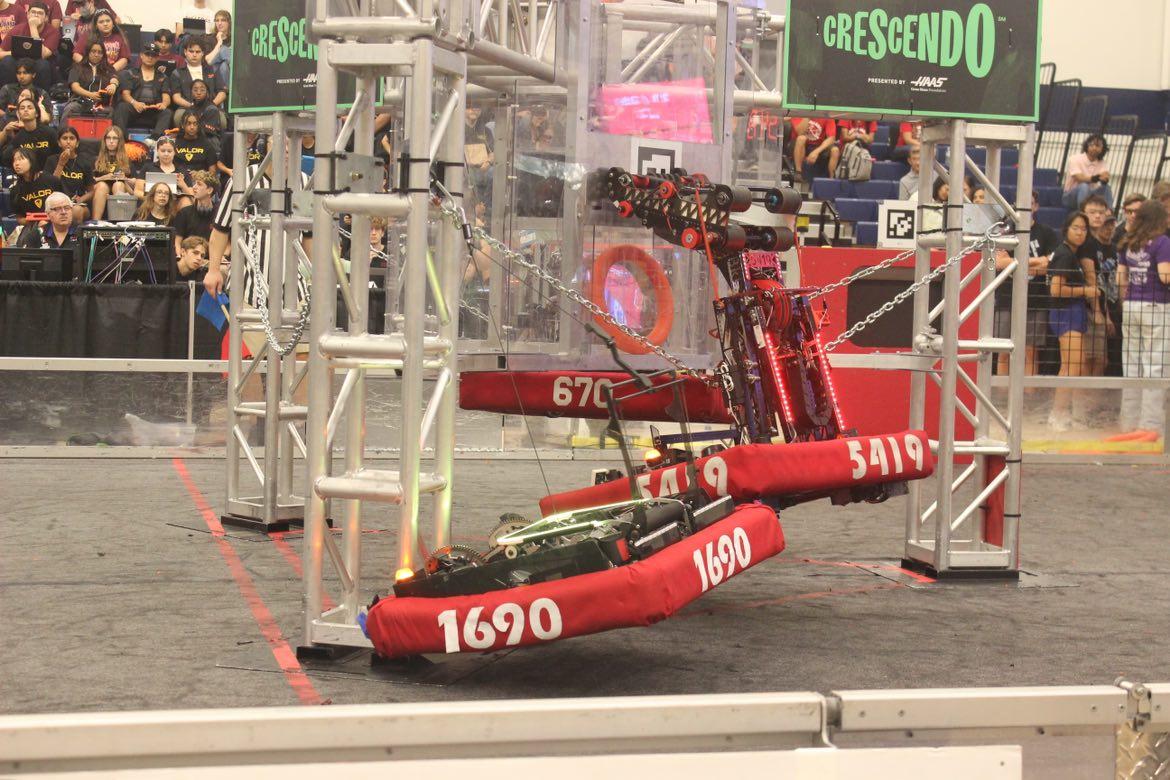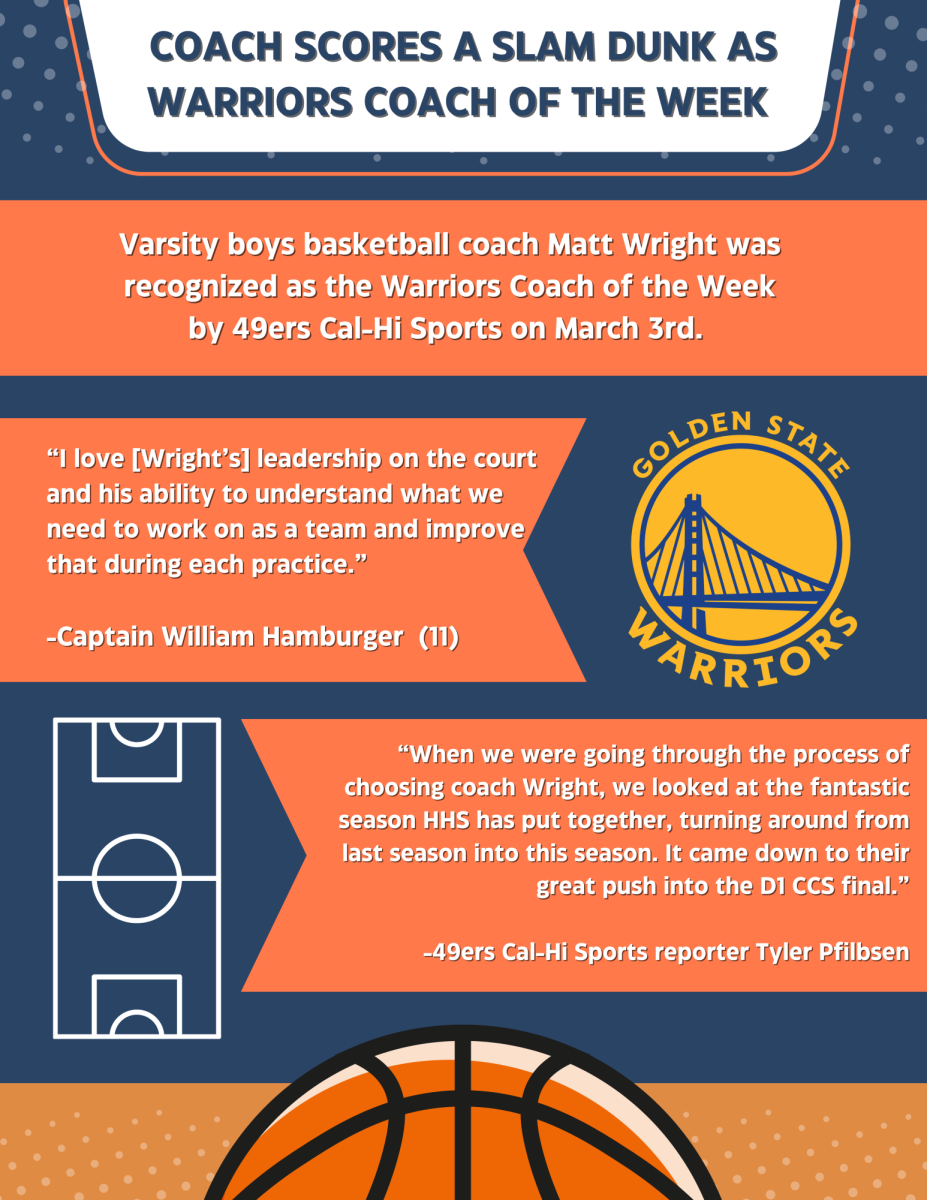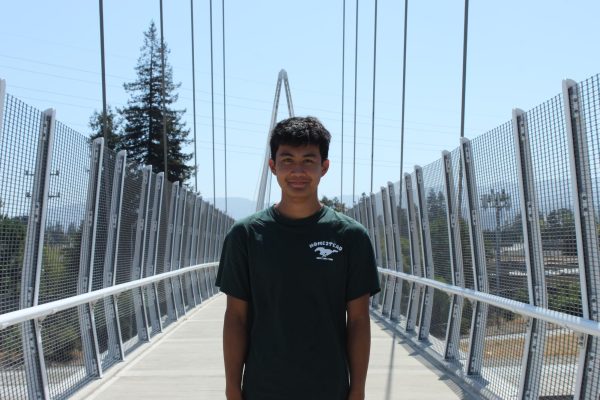In today’s technology-dependent society, cybercriminals are a threat to everyone. Because of this, cyber security club hopes to educate its members on how to stay safe online, while also teaching them how to hack ethically, vice president Soham Nanawati said.
“To me, cybersecurity is very important since technology has been having such a big impact on our world now [and] we need people who can develop safe technology, so that way people can’t break into it and ruin our lives,” Nanawati, a junior, said.

In order to effectively teach members about the fundamentals of the subject, the club plans to create simpler lessons because some last year were too complicated, treasurer, junior Dilen Panchal said.
“We really don’t want people feeling overwhelmed or confused because cybersecurity does involve [a lot of] problem-solving skills,” Panchal said.
In particular, the club plans to first teach some basic yet essential coding skills, as well as how to use the computer terminal – an interface allowing users to type commands for computers to act out. These skills will then be translated to more practical applications, such as basic computer exploits with the end goal of having the club participate in hacking competitions, Panchal said.
To put their skills to the test, club founder and president Armaan Gomes said the club plans to host various events and activities such as a code swap and Capture the Flag, a competition where participants try to find a protected text string within a piece of code.
“For me, cybersecurity is like banging your head into a wall for two hours straight and then one day realizing there’s a door two feet away,” Gomes, a junior, said. “It’s that moment of realizing the solution to all your problems that’s so enjoyable for me.”
One major CTF competition the club plans on participating in is picoCTF, which is run by Carnegie Mellon University. This was Gomes’s initial inspiration for starting the club, he said.
“I was invited to join a picoCTF team in my freshman year of high school and we did amazing,” Gomes said. “We came in, I believe, the top 2% globally against professionals, which is ridiculous.”
Apart from competitions, Nanawati said he planned on creating a code swap activity where participants would try to create a piece of secure code that another would try to crack. This would give members good practice in writing secure code which is usually quite difficult to do, Nanawati added.
Despite a turbulent past year, Gomes said a bigger team will help the club reach new heights.
“Last year, we were a really new club and that meant that [we] weren’t entirely sure about how to delegate work,” Gomes said. “A lot of our workshops were a bit shoddy, to say the least, but this year we have an expanded officer team and overall we’ve done a much better job of delegating the work so far. I feel that our workshops are going to be a lot more cohesive and functional than ever before.”



